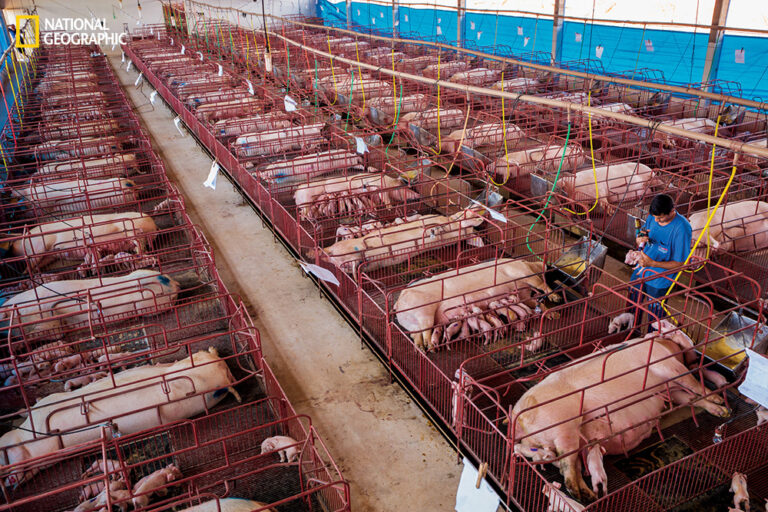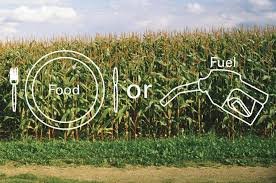the advantages and disadvantages of ecolabels
Product labeling is a tool for promoting markets with specific product characteristics. When implemented systematically and structurally, ecolabels labels provide reliable and credible information about environmental performance that would typically be unobservable or difficult for consumers to assess. What are ecolabels? Ecolabels are a specific type of product labeling that certifies the environmental performance of…






